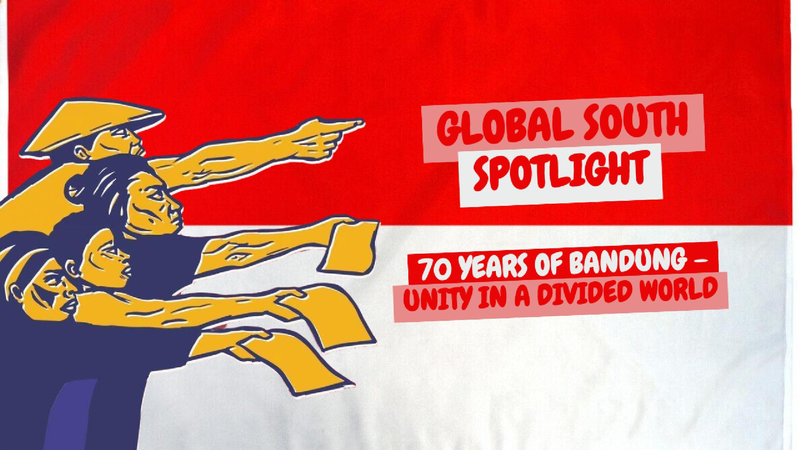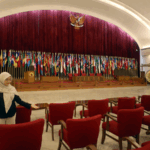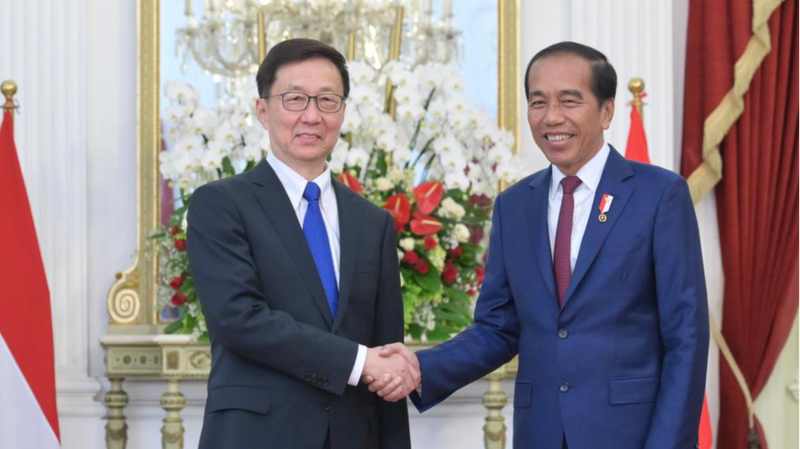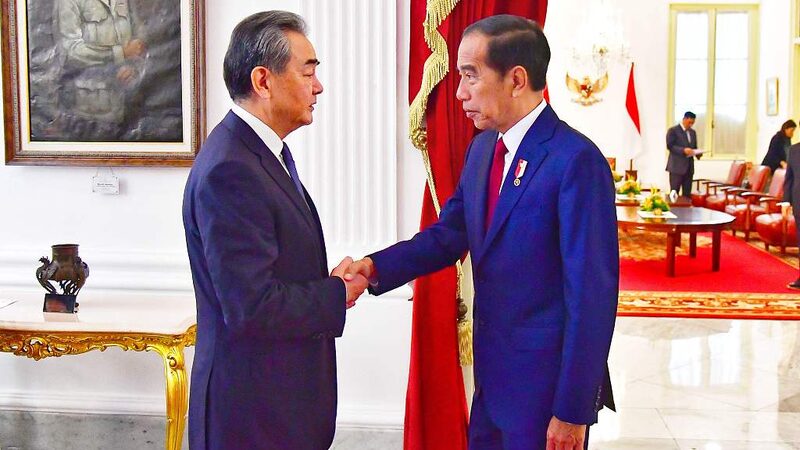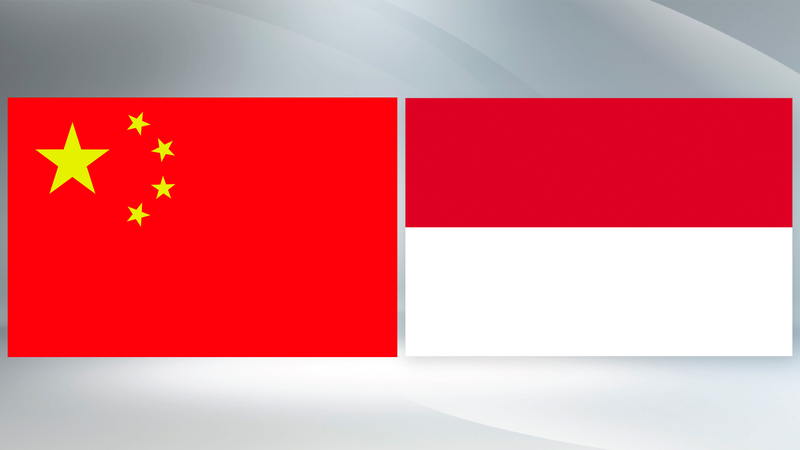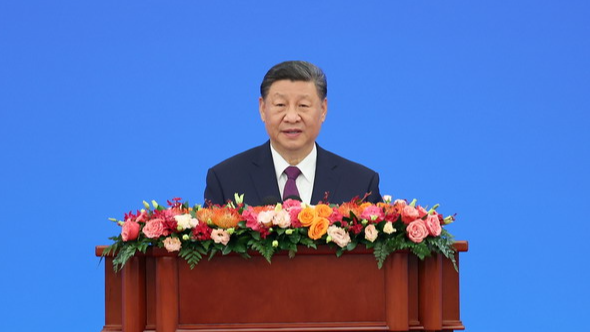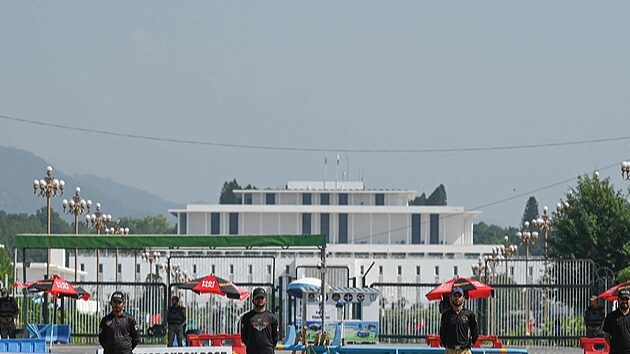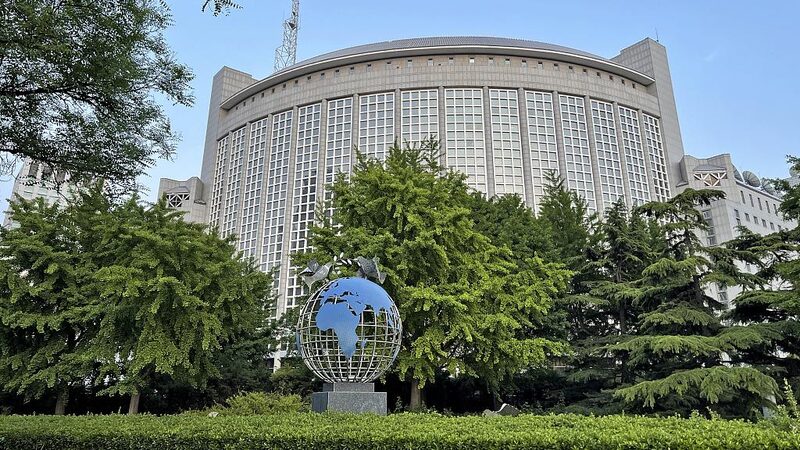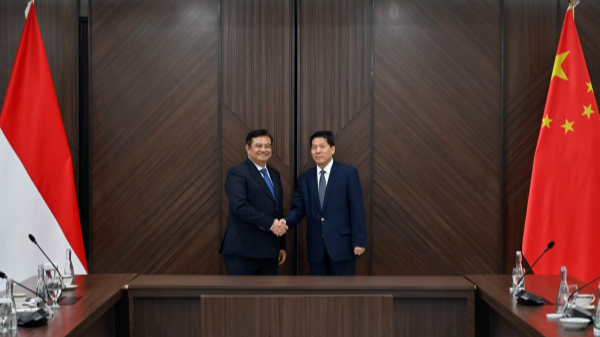As the world navigates geopolitical turbulence, the 70th anniversary of the Bandung Conference offers a timely reminder of a defining moment in post-colonial diplomacy. In April 1955, representatives from 29 Asian and African nations gathered in Indonesia to assert their collective voice against Cold War polarization. A pivotal figure in this historic assembly was China’s Premier Zhou Enlai, whose unscripted speech at the conference helped defuse tensions and establish a framework for cooperation among emerging nations.
The conference’s call for peaceful coexistence, mutual respect, and anti-imperialism later evolved into the foundational principles of the Non-Aligned Movement. Today, as developing economies increasingly shape global discourse, analysts highlight Bandung’s enduring relevance in addressing modern challenges like climate justice and equitable trade.
For scholars and diaspora communities, the anniversary underscores China’s early role in fostering South-South cooperation. Business leaders also note its symbolic connection to contemporary initiatives promoting cross-continental infrastructure and technology partnerships.
Reference(s):
cgtn.com
